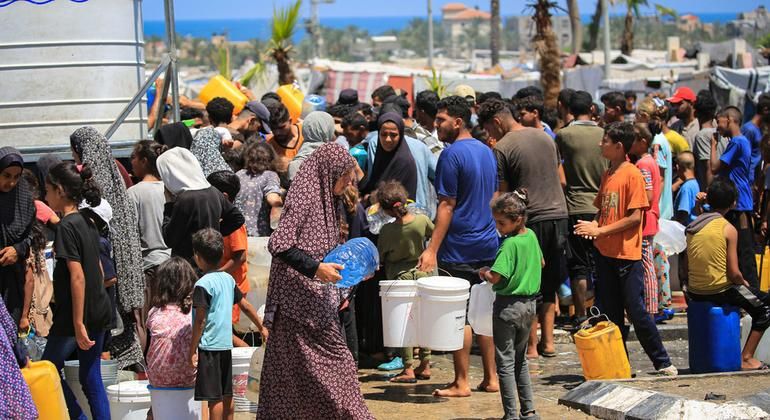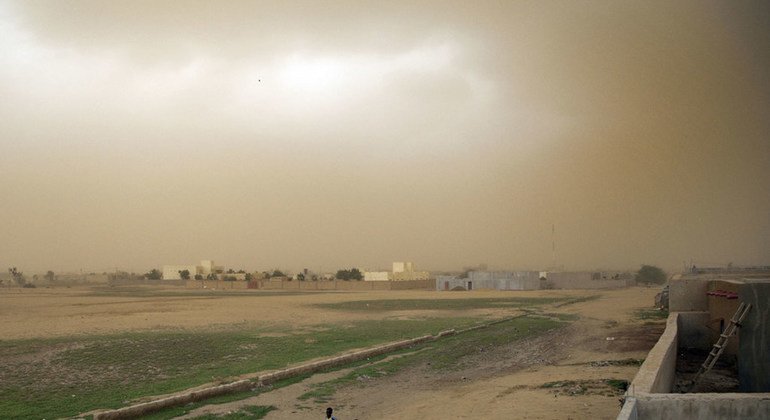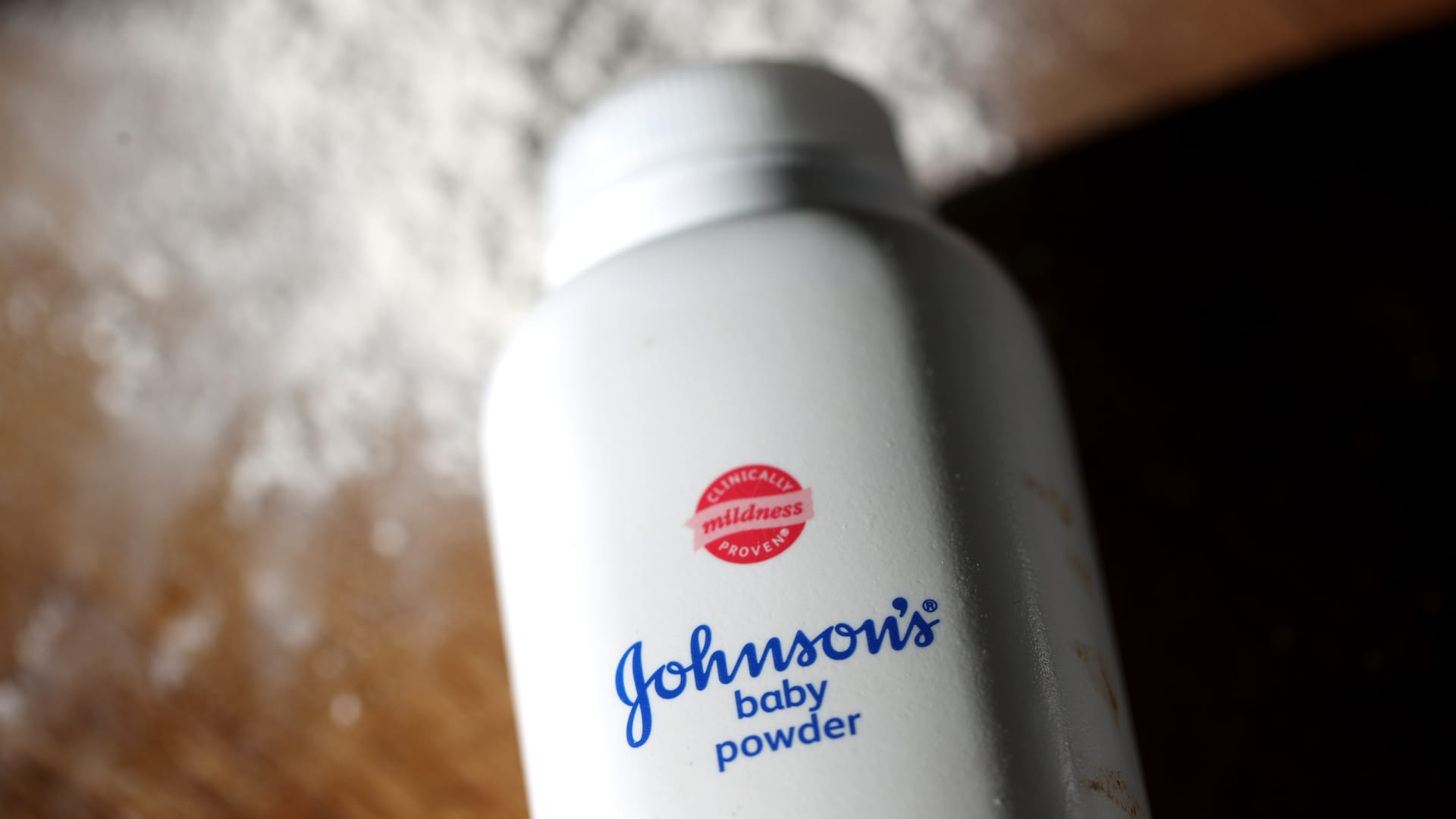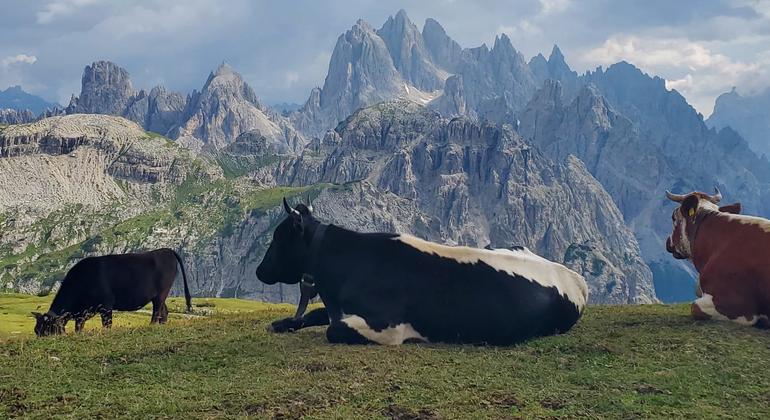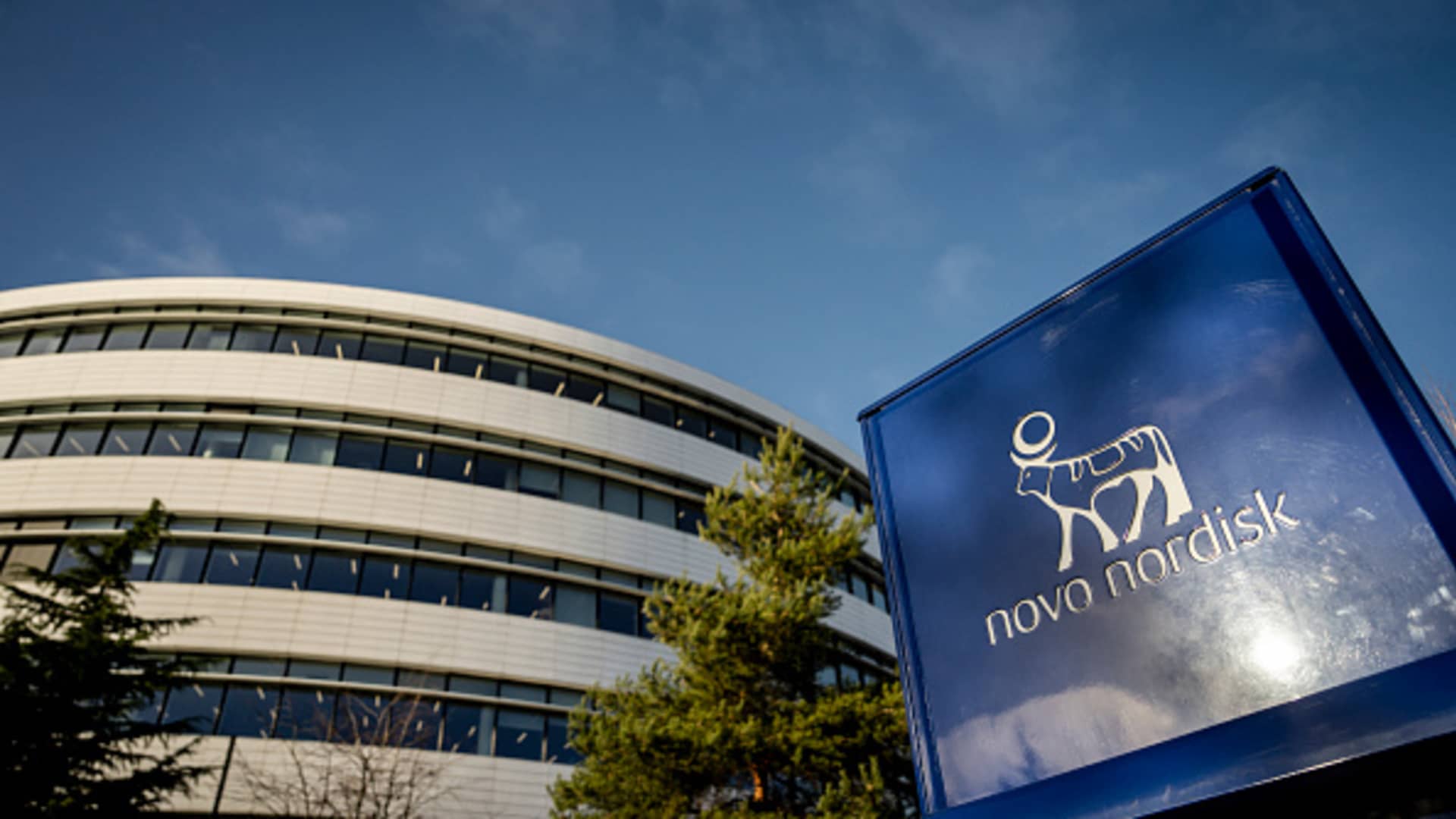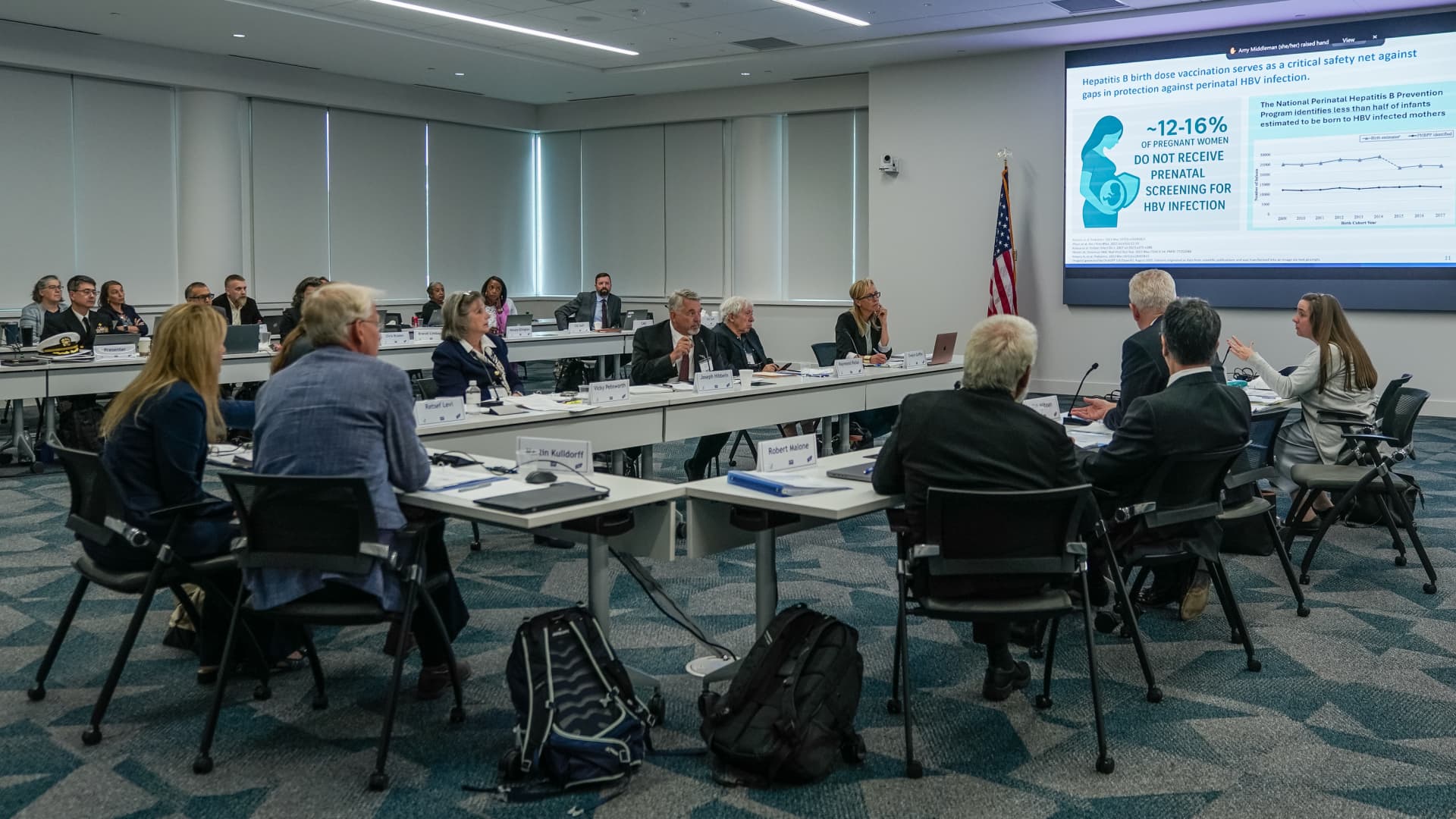In a new alert, UNRWA highlighted how Gazans' shelters have become a target for insects and rodents after more than 11 months of war, echoing humanitarian workers' deep concerns about the lack of basic hygiene items that have left families unprotected from communicable diseases.
Echoing those warnings, leading independent human rights experts meeting at the UN in Geneva said Israel has weaponised access to clean water for Gaza's 2.3 million people.
Source of pain
“Water is the main food we need… it is irreplaceable. But at the same time, if its potability is not guaranteed, it becomes the most terrible vector of disease and death that exists in the world,” said Pedro Arrojo-Agudo, Special Rapporteur on the human rights to safe drinking water and sanitation.So in this case, this is clearly being used as a weapon in Gaza against… [the] Palestinian civilian population.”
Mr. Arrojo-Agudo, who reports to the Human Rights Council in his capacity as independent expert on human rights, said that The population of Gaza currently lives on an average of 4.7 litres of water per person per day. – well below the minimum recommendation of 15 litres during emergencies by the United Nations World Health Organization (WHO).
With a coastal aquifer as the only natural source of fresh water for the inhabitants of Gaza, “This huge population has been forced to pump three times more water than the aquifer receives through natural replenishment.“which led to the pollution of sea water during the Israeli blockade of Gaza,” the Special Rapporteur said.
“In addition, Israel has been blocking 70 percent of the materials needed to build and operate wastewater treatment plants as ‘dual-use’ materials, preventing proper treatment of wastewater, leading to progressive fecal contamination of groundwater,” Mr. Arrojo-Agudo insisted.
Price out of price
In an update, the UN's World Health Organization (WHO) said a 75-gram bar of soap costs $10 in Gaza, while shampoo, detergent and dishwashing liquid are no longer available in markets.
This lack of hygiene items “disproportionately affects children, pregnant women and people with compromised immune systems,” said WHO, stressing that simple handwashing with soap is one of the most effective ways to prevent the spread of diseases linked to poor sanitation, such as diarrhea, respiratory infections, scabies and other skin infections.
“It can protect around one in three children suffering from diarrhoea and prevent the spread of germs to food, drink and surfaces,” the UN health agency insisted, supporting calls to allow a minimum of five trucks per day into Gaza from commercial vendors containing soap and basic hygiene supplies, both in the south and north.
Meanwhile, leading independent human rights experts also said on Monday that “There is literally no place left” for civil society activists to work safelyafter air and ground attacks by the Israeli army.
In recent months, Gaza's oldest human rights organization, the Palestinian Center for Human Rights, has seen its staff killed and its offices damaged beyond repair during Israel Defense Forces operations, said Special Rapporteur Mary Lawlor and other experts who report independently to the Human Rights Council in Geneva.
Ms Lawlor noted that two Palestinian NGO lawyers were killed in February 2024: Nour Abu al-Nour, who was killed with her two-year-old daughter, her parents and four siblings in an airstrike on their home in Rafah, and Dana Yaghi, killed along with 37 members of her family in an airstrike on a home in Deir el-Balah.
In a statement, Ms Lawlor said it was “a terrible tragedy that justice for these two human rights defenders, their families and their children, seems so far away” while human rights defenders who worked to keep hope for justice alive… are becoming victims themselves.

